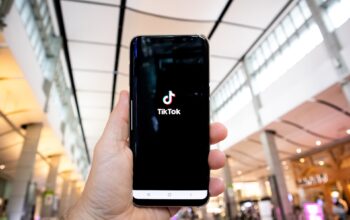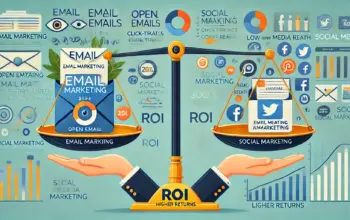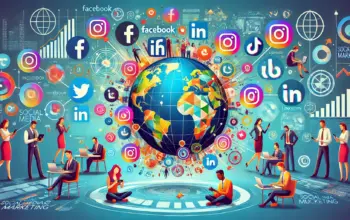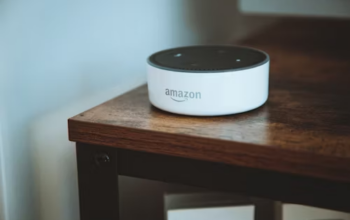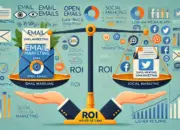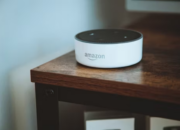Uzone.id – Can Facebook and Instagram see and hear the conversations of their users? The rumor first spread on social media. An internet resident said that WhatsApp could listen to the content of the conversation.
Initially, he exchanged messages about a brand with his friend. However, shortly after finishing the discussion with his friend, he saw an advertisement for the product brand he had previously discussed on his social media page. Several other internet residents also experienced similar stories.
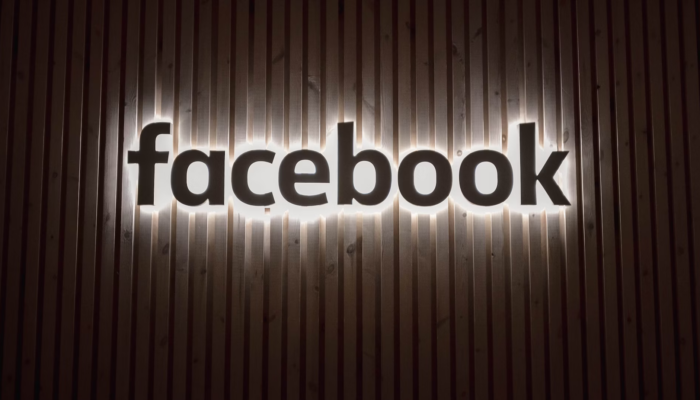
In 2019, Instagram boss Adam Mosseri denied this rumor. Adam mentioned two possibilities that drove the phenomenon. First, there is luck. Second, users may unconsciously interact with content that matches the user’s interests.
In particular, Instagram denied reading and viewing its users’ chats because this contradicts the company’s principles regarding user privacy violations. However, rumors continue to grow and sometimes get out of hand. Not a few believe that the company monitors the activities of its users through the device’s microphone.
While this is just a theory, there are some compelling reasons why big tech companies like Facebook and Instagram are ‘trusted’ by not listening to their users’ conversations.
Privacy concerns
Suspicions that conversations are intercepted and then each user’s data is sold to an advertising company arise because users feel that the ads appear too relevant to their verbal discussions.
However, this can happen due to the habits of users who like, follow, and even save similar posts on their social pages so that AI automatically reads them.

In addition, for large tech companies, the losses from involvement in cases of user privacy violations are not proportional to what advertising companies pay. Again, damaging the trust of active users will damage the company’s reputation.
Damage to the company’s name can reduce market value due to lost investor confidence. Recovery also takes a long time and costs a lot, even requiring massive repair steps.
It requires a lot of power
Listening to the conversations of millions of users worldwide requires substantial computing resources and is costly. Moreover, until now, there has been no significant evidence that technology companies like Meta actively listen to their users’ conversations for advertising purposes.
Apps like Instagram and Facebook require microphone access permissions for certain features, but that permission doesn’t mean companies listen to conversations without explicit consent.
So, where do advertising companies get their data from?
Digital advertising companies collect data from various sources to understand consumer behavior. Social media platforms like Facebook and Instagram collect data based on user activities such as clicks, searches, and interactions.
The company also leverages web analytics through tools such as Google Analytics and AI Algorithms to track user interactions with related websites and apps and predict trending preferences. From this data, companies can understand user preferences and ad effectiveness.
However, not a few also buy data from third parties. The companies Acxiom and Oracle are among the companies that sell data. They get data from sharing sources, including surveys and membership data.
The data sold to advertising companies is usually collected with the user’s consent (through the terms or conditions of the app’s permissions), but this practice has often drawn criticism.
Data security is also complex for individuals with help; government assistance is needed to protect their citizens. For this reason, the government issued a data protection policy in Europe through the General Data Protection Regulation (GDPR). The policy aims to set stricter data protection standards for citizens.
The GDPR allows individuals to gain the right to access, correct, delete, and restrict their data both temporarily and securely. As for organizations or companies, the GDPR pressures them to provide explicit and open consent, encouraging them to report in case of a data breach to the relevant authorities up to a Data Protection Impact Assessment (DPIA).


